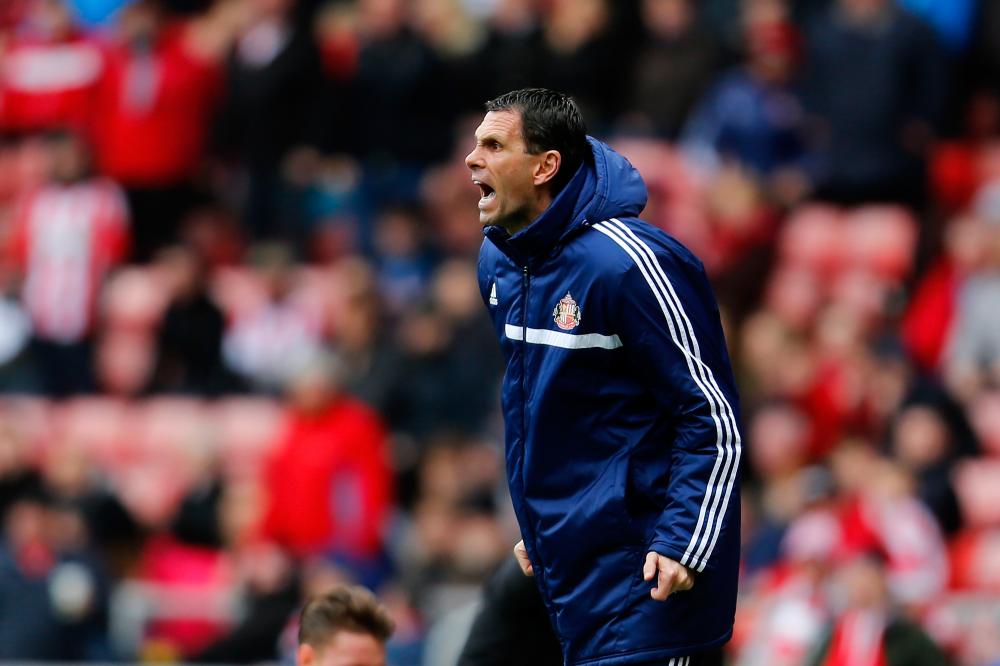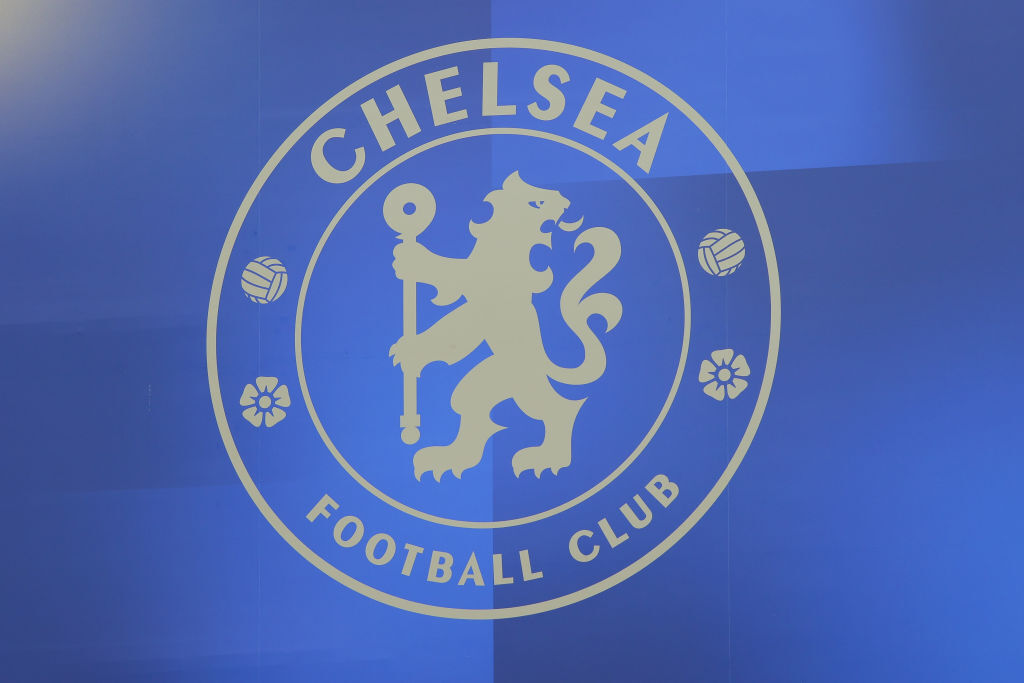Poyet has no plans to resign at Sunderland
Sunderland manager Gus Poyet has no plans to resign but is eager to push for 'certain standards' to be met at the struggling club.

The Uruguayan's side appear almost certain to be relegated from the Premier League, sitting bottom and seven points from safety - albeit with two games in hand on their nearest rivals.
Poyet and Sunderland owner Ellis Short are set to meet at season's end, and the former Chelsea and Tottenham man wants to see major changes.
"You can describe that meeting as 'make it or break it', but at every club, you have a meeting at the end of the season," Poyet said.
"You put across your situation and they put across their situation. Then you discuss things. That doesn't mean you don't want to be here or you're going against the club.
"I'm just trying to get the best situation for Sunderland but also for me.
"If I can get certain things in place and certain standards, then I know I'm going to be able to do my job better.
"For those standards to be there you need a certain group of players with a certain mentality."
The best features, fun and footballing quizzes, straight to your inbox every week.
Poyet said he would 'rather push to make things better than accept them as they are', even if the end result was being sacked.
The 46-year-old, whose team travel to Manchester City on Wednesday, is desperate to fix the problems after saying something was 'wrong' at Sunderland.
"If I thought it was time to resign, or I wanted to resign, then I would resign, but the situation here has never reached that point," Poyet said.
"I find myself in a situation I don't like but I'm looking for a solution.
"I'm coming from a place where to resign is natural because you kind of tell the club 'maybe it's me that's the problem' and people would accept that naturally.
"But I've learnt that here that would be looked at as quitting. And I'm not going to quit. That I can promise you."
Poyet's first change could be his responsibilities, perhaps with an eye to improving internal competitiveness.
"The change when you become a first-teamer is very small. I'd like to make it a little bit bigger," he said.
"That doesn't say you're going to give the young players rubbish but it should be different. At the moment I'm the head coach, not the manager so it's not my responsibility."
 Join The Club
Join The Club





